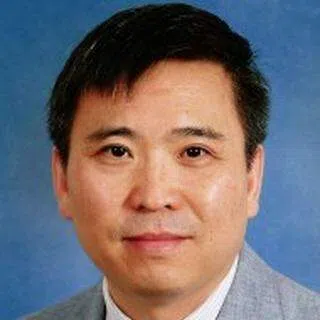China's military leadership after the 20th Party Congress
With a new military leadership in place after the 20th Party Congress, China's military establishment looks set to focus on advancing technological development for China's military modernisation in the near future.
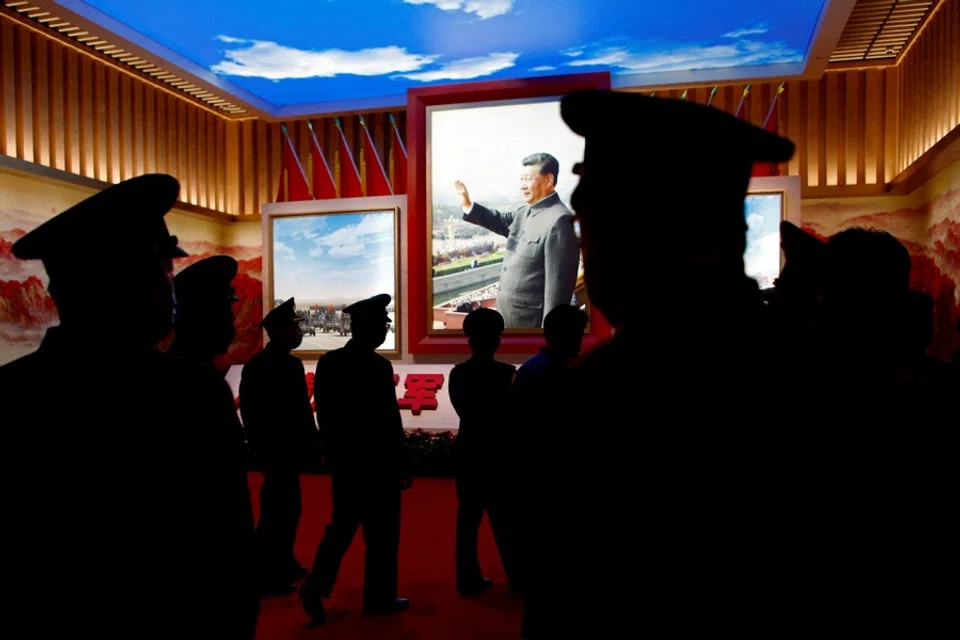
The 20th Party Congress of the Chinese Communist Party (CCP) appointed China's latest Central Military Commission (CMC). This body is chaired by President Xi Jinping, a civilian leader, while other members wear uniforms.
The CMC remains small, including two vice-chairs and China's defence minister - three full-timers who run the People's Liberation Army (PLA) and handle foreign military relations. Other members include chief of the CMC Joint Staff Department (CMCJSD), director of the CMC Political Work Department (CMCPWD) and secretary of the CMC Discipline Inspection Commission (CMCDIC) - three part-timers who have their own departments to run. Including these three members in the CMC reflects Xi's thinking on managing military affairs: Xi wants to manage the PLA by controlling heads of the departments responsible for military operations, personnel appointment and discipline inspection.
Two major factors come into play in selecting China's military leadership: political loyalty and enhancing professional expertise.
A streamlined body to control the PLA
Unlike the era of Hu Jintao, heads of PLA logistical and armament departments and service chiefs have been excluded from the CMC. Xi has thus transformed the CMC from a collective policymaking council to a streamlined institution that he can leverage to control the PLA.
Military membership of the CCP Central Committee includes those who hold the most important positions of the PLA, thus constituting its senior leadership. Its ebbs and flows also reflects levels of military involvement in domestic politics. The military personnel makeup of the Central Committee has hovered between 19% to 20% from the 15th Party Congress of 1997 to the 19th Party Congress of 2017. But in periods when the PLA was heavily involved in domestic politics such as China's Cultural Revolution, this rose sharply to over 50%. The current level stands at 20% or 42 out of 205, which is consistent with normal levels.
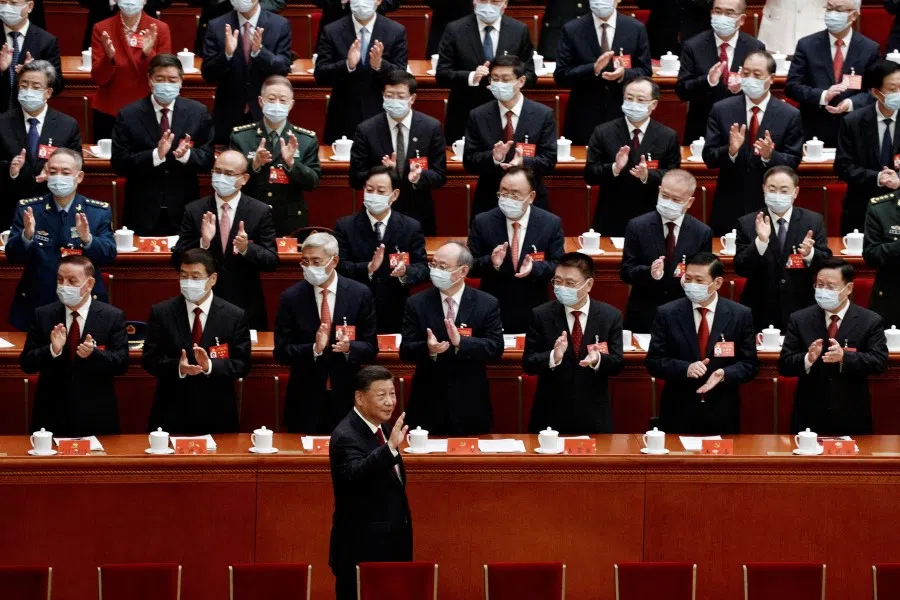
Military membership of the Central Committee includes six CMC members and commanders and political commissars (PCs) of PLA services such as its Army (PLAA), Navy (PLAN), Air Force (PLAAF), Rocket Force (PLARF) and Strategic Support Force. It also includes commanders and selected PCs of the PLA Central, Eastern, Southern, Western and Northern Theatres.
It also includes heads of the CMC Logistical Support Department (CMCLSD), Armament Development Department (CMCADD), Training and Management Department (CMCTMD), Political and Legal Affairs Commission (CMCPLAC), National Defence Mobilisation Department, Science and Technology Commission (CMCSTC) and General Office.
Incentivised by the PLA's bureaucratic grades and military ranks and to improve their promotion prospect, political commissars are more likely to collude with commanders...
Factors determining the new military leadership
Two major factors come into play in selecting China's military leadership: political loyalty and enhancing professional expertise.
Party membership is a critical indicator of political loyalty. Conventional wisdom thus suggests that party members are more trusted and more likely selected for appointment to important positions. But since all senior officers are party members and hold leading positions in party committees of their units, party membership can no longer serve as a critical measurement of loyalty.
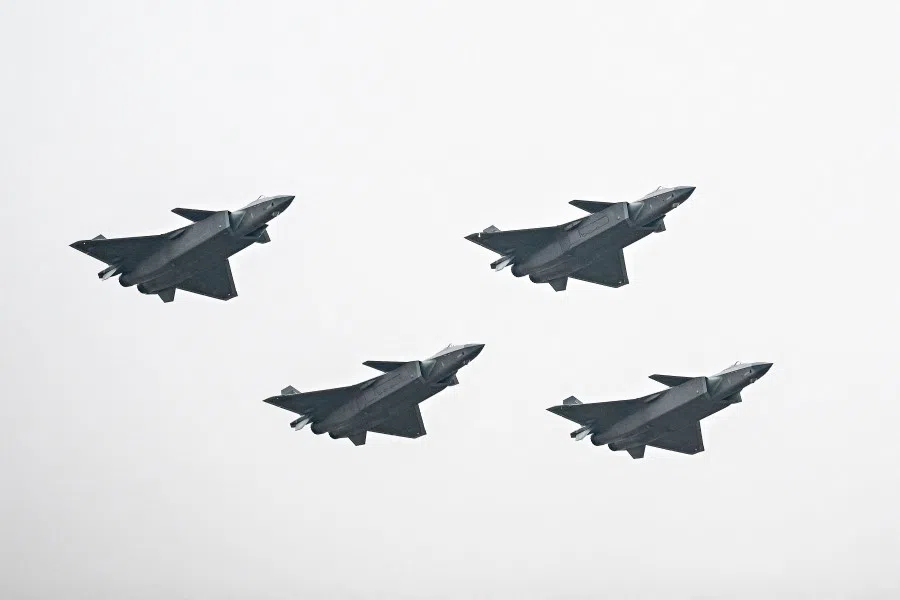
Many PCs are appointed as Central Committee members, leading to the view that PCs can ensure political loyalty by reporting on the PLA to civilian party authorities. But PCs report to their PLA superiors but not civilian party authorities. Incentivised by the PLA's bureaucratic grades and military ranks and to improve their promotion prospect, PCs are more likely to collude with commanders by reporting good performance to their superiors and covering up failures.
The supervisory role of PCs has been compromised by internalisation. Xi's counter-corruption drive reveals that there are as many PCs prosecuted for corruption as military, logistical and armament officers.
The supervisory role of PCs thus has been transferred to the revamped CMCDIC and CMCPLAC after 2015. The role of PCs has centred on developing political warfare capabilities and political education to enhance morale.
Friends with influence
Close personal ties may explain Xi's decision to retain Zhang Youxia as a CMC vice-chair. Their fathers were partners in commanding a major column of the PLA First Field Army in the late 1940s. Both were also persecuted by Mao in late 1950s and early 1960s.
Born in 1950, Zhang exceeds the age limit of 67 for holding the position. This decision suggests that Xi has few senior officers he can trust within the age limit due to the lack of military personal networks. He has paid a political cost for breaking the age limit.
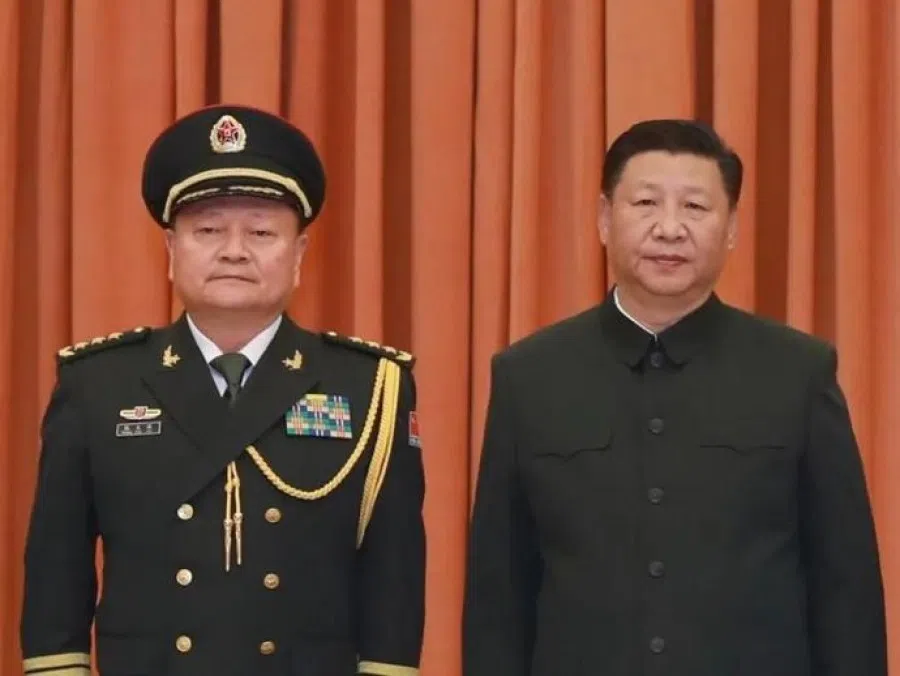
But past leaders also made an exception in terms of the age limit. Liu Huaqing was 73 when Deng picked him as a CMC vice-chair in 1989. Zhang Zhen turned 76 in 1992 when he was appointed as a vice chair.
But Xi retained Zhang also not just for personal reasons. Zhang has rich combat experience in conflicts with Vietnam, winning him respect in the PLA. This may not only offset the political cost but possibly gain Xi political capital.
Xi's alleged interactions with PLA 31st Group Army (GA) in Fujian may have contributed to the perception that Xi has cultivated a military personal network where he may recruit officers that he can count on for political loyalty. Military members of the Central Committee do include officers who identify this GA as their unit origin, including He Weidong, a CMC vice-chair, Miao Hua, director of CMCPWD, and Lin Xiangyang, commander of Eastern Theatre.
... technological development remains the top priority for China's military modernisation.
Combat expertise
Xi's 20th Party Congress work report requires the PLA to "intensify troop training and enhance combat preparedness across the board to see that our people's armed forces can fight and win". Enhancing professional expertise thus is a major factor that accounts for appointing PLA leaders.
Those who have combat experience are made Central Committee members, including Zhang Youxia, a CMC vice-chair, Liu Zhenli, chief of CMCJSD, Wang Peng, director of CMCTMD, and Wang Haijiang, commander of Western Theatre.
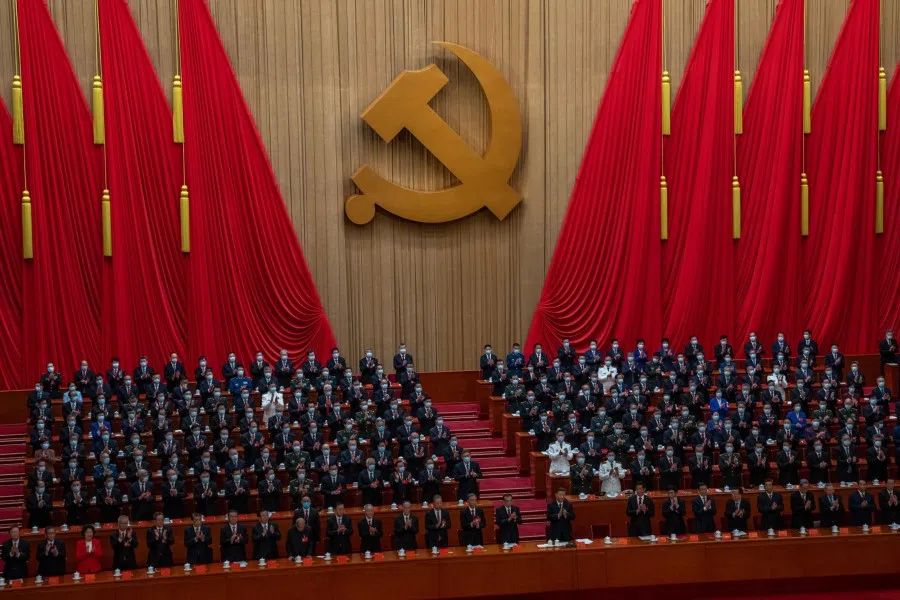
Those who have experience in technology-intensive services and education in science and technology also become Central Committee members. They include Li Shangfu, defence minister-designate and Li Yuchao, commander of PLARF. Both have service, staff and command experiences in China's space force and rocket force respectively.
They also include Xu Xueqiang, director of CMCADD; Wang Qiang, commander of Northern Theatre; Chang Dingqiu, PLAAF commander; and Yu Qingjiang, PLAAF chief of staff. These officers are combat pilots by training. Zhang Lin, director of CMCLSD, was trained as a naval logistician, while Hu Zhongming, PLAN chief of staff, was a nuclear submariner by training. Dong Jun, commander of PLAN, was trained as a naval surface warfare officer.
... although more assertive on Taiwan, there is continuity in China's military posture that highlights deterrence and defence.
Military professors are appointed as Central Committee members. Yang Xuejun, president of Military Science Academy, earned a PhD in computer science at National University of Defence Technology and works as a professor there. Zhao Xiaozhe, director of CMCSTC, received a PhD in computer science at Dalian Naval Ship Academy and works there as a professor.
Major implications
Appointing new PLA leadership implies that technological development remains the top priority for China's military modernisation. Integrating "intelligentised" technologies such as artificial intelligence and unmanned drones is likely to optimise the versatility and precision of PLA's weapons platforms. Enhancing "jointness" of the PLA will also be a priority, since it enhances combat effectiveness by leveraging the comparative advantages of different services.
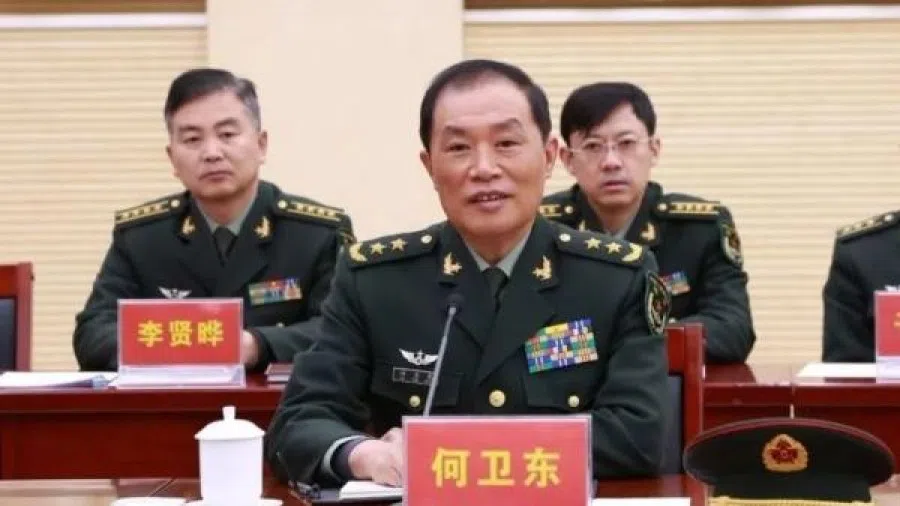
Appointing He Weidong as a CMC vice-chair implies that Taiwan remains the primary strategic direction for the PLA, since he forged his career in the theatre which is dedicated to the issue of Taiwan.
That said, although more assertive on Taiwan, there is continuity in China's military posture that highlights deterrence and defence. The 20th Party Congress work report stressed the need for military capabilities "to shape our security posture, deter and manage crises and conflicts, and win local wars". The "local wars" concept, which was absent in the 19th Party Congress work report, has reappeared. This concept serves to limit the scale of war that the PLA should prepare for, and constrain defence budget growth.
An initial version of this article was first published as an East Asian Institute Background Brief.
Related: Will China's military exercises with SCO countries and Russia help it build a regional security order? | Post-60s generation takes the helm of China's military | Xi removes Youth League faction from new leadership | Rocket scientists in China's party leadership: Countdown to the 20th Party Congress
